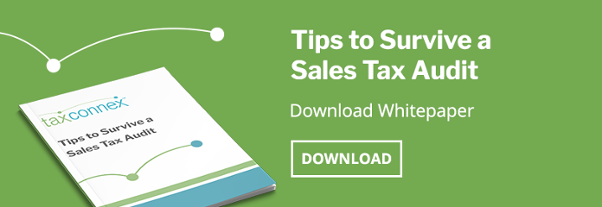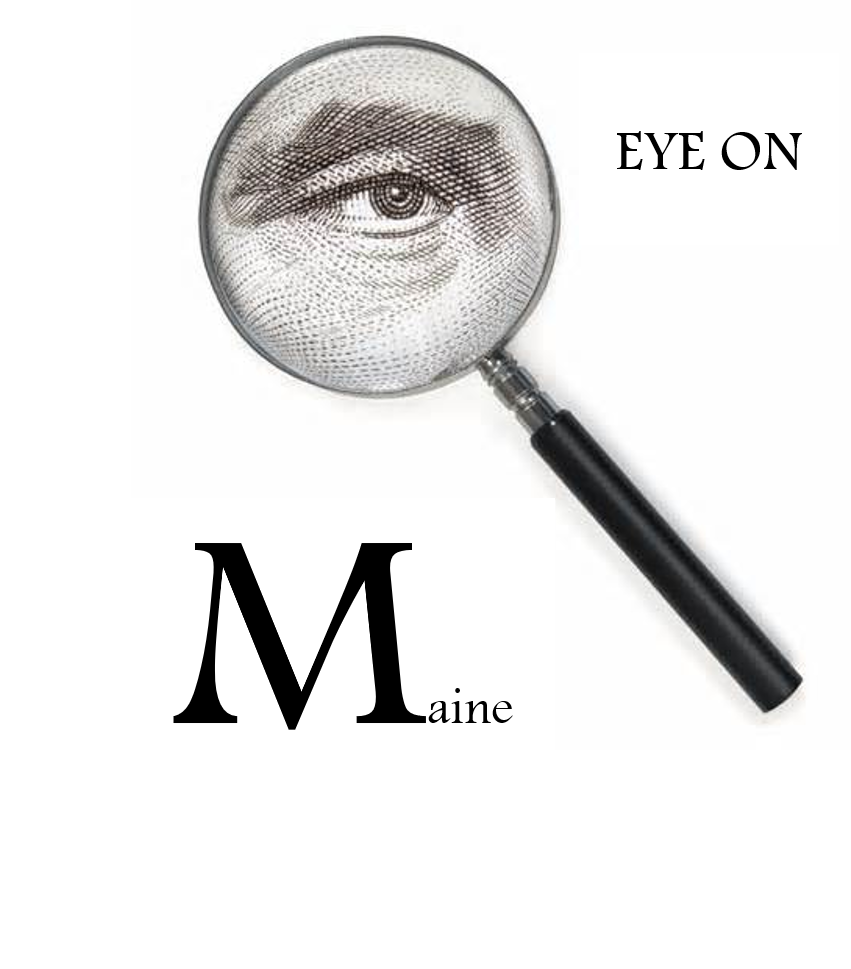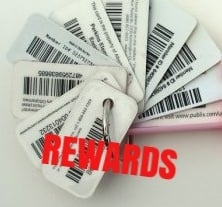Sometimes a sales tax audit is unavoidable. Perhaps an auditor has audited one of your customers and discovered one of your invoices without sales tax applied. Maybe you’re unlucky and you were selected in the audit lottery. Perhaps a disgruntled employee blew the whistle on you.

Regardless of the circumstances, there are some steps you can take to minimize or eliminate an assessment if you are identified for a sales tax audit. These proactive audit defense tips include:
1. Know Your Sales Tax Nexus Footprint.
Be sure you understand your sales tax nexus footprint. Without sales tax nexus, you have no obligation to collect or remit sales tax – the burden to accrue and pay the tax shifts to your customer. Sales tax nexus is a connection with a state that’s substantial enough for that state to hold you accountable to their sales tax rules. Sales tax nexus can be created by sales people traveling into other states, utilizing subcontractors to fulfill your contracts with your customers, exhibiting at trade shows, and other activities too. It’s a good idea to review your sales tax nexus footprint periodically to make sure nothing has changed in the business. Often times, the tax group is the last to know of a new hire or other activities that could create a sales tax liability.
2. Maintain Proper Exemption Certificate Documentation.
One of the first items an auditor will ask for are the exemption certificates to substantiate any exempt sales you have claimed on your sales tax returns. It may be obvious that you are selling to a retailer and your sale is exempt for resale purposes. However, sales tax is often a form over substance issue, if you don’t have the appropriate exemption certificates, the auditor may assess you. Furthermore, some exemption certificates expire periodically and must be renewed. If you have expired certificates, they will be rejected by the auditor. Depending on the audit process, a few expired certificates within a sampling could lead to a large assessment across the lot of transactions.
3. Evaluate The Taxability of Your Products/Services.
For some businesses, the taxability of their products/services does not have a lot of variability. For example, tangible personal property will be taxable unless the specific type of TPP you are selling is identified as non-taxable by statute. Other products/services tend to have disparate tax rules across states and tend to change over time as well. The technology field comes to mind – specifically SaaS, electronically delivered software, data processing, digital downloads and telecommunications services. The statutes are in constant flux around these types of products and the taxability of your transactions should be reviewed periodically to ensure you are calculating tax properly.
4. Other tips to avoid sales tax audit assessments include:
- Use the proper tax rate, including state, county, city, and district rates
- Make sure you are filing properly – should you be filing a sales tax return or a vendor’s use tax return?
What other tips do you have for a proactive defense of a sales tax audit?







.png?width=1200&height=628&name=2023%20logo%20with%20SOC%20and%20clearly%20rated%20(2).png)